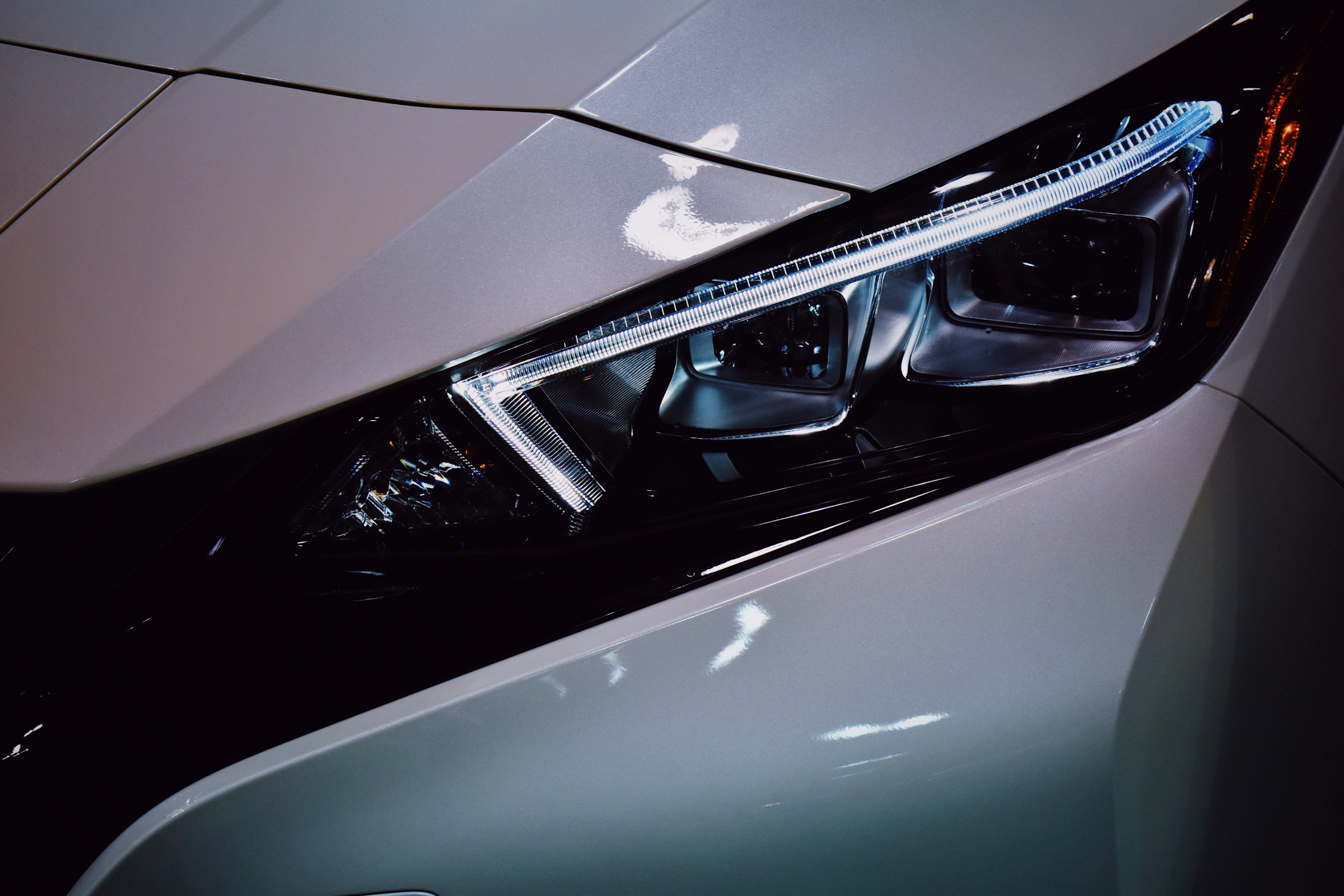As we progress through 2024, the electric vehicle (EV) revolution continues to gain momentum. With the UK pushing towards a greener future, many homeowners are now contemplating the installation of electric vehicle charging stations. However, before diving into this eco-friendly endeavor, there are numerous cost considerations to be aware of. This article navigates the financial aspects that UK homeowners must contemplate when installing EV charging stations, ensuring that you are well-informed and prepared.
Initial Installation Costs
The first and perhaps most significant expenditure for UK homeowners is the initial installation cost of an electric vehicle charging station. This includes the purchase of the charger itself as well as the costs associated with its installation.
Dans le meme genre : How can UK property investors use blockchain technology for secure and transparent transactions?
Charger Costs: There are various models and brands of EV chargers available, and prices can range significantly. Typically, a standard home charging unit, known as a wallbox, can cost between £300 to £1,000. The price often depends on the charging speed and additional features like smart connectivity.
Installation Fees: Professional installation is crucial for safety and efficiency. Electricians will ensure that the charger is installed correctly and comply with local regulations. On average, installation fees can range from £300 to £700. This variation is due to factors such as the complexity of the installation, the location of your electrical supply, and any necessary upgrades to your home’s electrical system.
Dans le meme genre : How to assess the financial viability of purchasing a UK property with a shared ownership scheme?
Government Grants: In the UK, homeowners can benefit from the Electric Vehicle Homecharge Scheme (EVHS), which provides a grant of up to £350 towards the cost of installing a home charger. While this significantly reduces the initial outlay, it’s essential to check eligibility criteria and ensure that your chosen installer is authorized under the scheme.
Ongoing Maintenance and Operational Costs
While the initial installation is a substantial investment, homeowners must also consider the ongoing costs associated with maintaining and operating an electric vehicle charging station.
Maintenance: Charging stations generally require minimal maintenance. However, like any electrical equipment, they can occasionally experience issues that need professional attention. Budgeting for potential maintenance costs is wise, even if they are infrequent. Manufacturers may offer warranties that cover certain repairs, typically lasting between three to five years.
Electricity Costs: Charging an electric vehicle at home will increase your electricity usage. The cost of electricity varies, but on average, UK homeowners can expect to pay around 17 pence per kilowatt-hour (kWh). To get a rough estimate of the cost, if you have an EV with a 60 kWh battery and you charge it from 0% to 100%, it would cost approximately £10.20. It’s worth exploring time-of-use tariffs offered by electricity providers, which can offer cheaper rates during off-peak hours.
Smart Chargers: Investing in a smart charger can help manage and potentially reduce operational costs. Smart chargers can schedule charging during off-peak hours automatically, take advantage of lower electricity rates, and offer real-time data on energy consumption. While they may be more expensive upfront, their long-term savings can be substantial.
Potential Home Electrical Upgrades
Not all homes are immediately ready to support an electric vehicle charging station, and some may require electrical upgrades to ensure safety and efficiency.
Electrical Panel Upgrades: Older homes, in particular, may need upgrades to their electrical panels to handle the added load of an EV charger. An upgrade can cost anywhere from £500 to £1,500, depending on the complexity and current state of your electrical system.
Circuit Installation: A dedicated circuit for your EV charger is essential to prevent overloading your home’s electrical system. The cost of installing a new circuit varies, but it typically falls within the range of £200 to £500.
Wiring and Conduits: In some cases, additional wiring or conduits may be necessary, especially if the charger is to be installed far from the main electrical panel. This can add several hundred pounds to the overall cost, depending on the distance and layout of your home.
Return on Investment and Financial Benefits
Although the upfront costs can be significant, installing an EV charging station can offer financial benefits and a return on investment over time.
Fuel Savings: One of the most prominent benefits is the savings on fuel. Charging an electric vehicle at home is generally much cheaper than refueling a petrol or diesel car. Over time, these savings can add up significantly, helping to offset the initial and ongoing costs of the charging station.
Increased Property Value: Homes equipped with EV chargers are increasingly attractive to potential buyers, especially as the number of electric vehicles on the road continues to rise. This can potentially increase your property’s value and make it more marketable in the future.
Environmental Impact: While not a direct financial benefit, the positive environmental impact of reducing carbon emissions can be a motivating factor. This aligns with broader societal goals and can contribute to a sense of personal satisfaction and responsibility.
Tax Incentives: Apart from the EVHS grant, there may be other local or national incentives, such as tax credits or rebates, which can help reduce the overall cost. It’s essential to stay updated on the latest governmental policies and incentives that can impact your investment.
Future-Proofing and Long-Term Considerations
As the EV market evolves, it’s crucial to think ahead and consider how future developments could impact your home charging station.
Technological Advancements: The technology behind electric vehicles and charging stations is continually advancing. Investing in a modern, up-to-date charger can help ensure that your system remains compatible with future EV models and advancements.
Scalability: If your household plans to have more than one electric vehicle in the future, consider installing a charging station that can support multiple vehicles. While this may increase the initial cost, it can save money and hassle in the long run.
Energy Storage Solutions: Integrating energy storage solutions, such as home batteries, with your EV charger can provide additional benefits. These systems can store electricity during off-peak hours and supply power to your EV during peak times, optimizing costs and efficiency.
Solar Power Integration: For those looking to maximize their eco-friendliness, integrating a solar power system with your EV charger can be an excellent option. While this requires significant initial investment, the long-term savings and environmental benefits can be substantial.
Installing an electric vehicle charging station is a commendable step towards sustainability and future-proofing your home. By considering the initial installation costs, ongoing maintenance, potential electrical upgrades, and long-term financial benefits, UK homeowners can make an informed decision that aligns with their budget and environmental goals.
Investing in a home EV charging station involves more than just the purchase and installation of the unit. It requires careful planning, consideration of ongoing costs, and a forward-thinking mindset to capitalize on technological advancements and financial incentives. Ultimately, the decision to install an EV charger is not just about convenience; it’s about making a commitment to a greener future and potentially reaping significant savings and benefits along the way.
By thoroughly understanding all the cost considerations, you are well-equipped to make an informed and confident decision regarding the installation of an electric vehicle charging station at your home.











